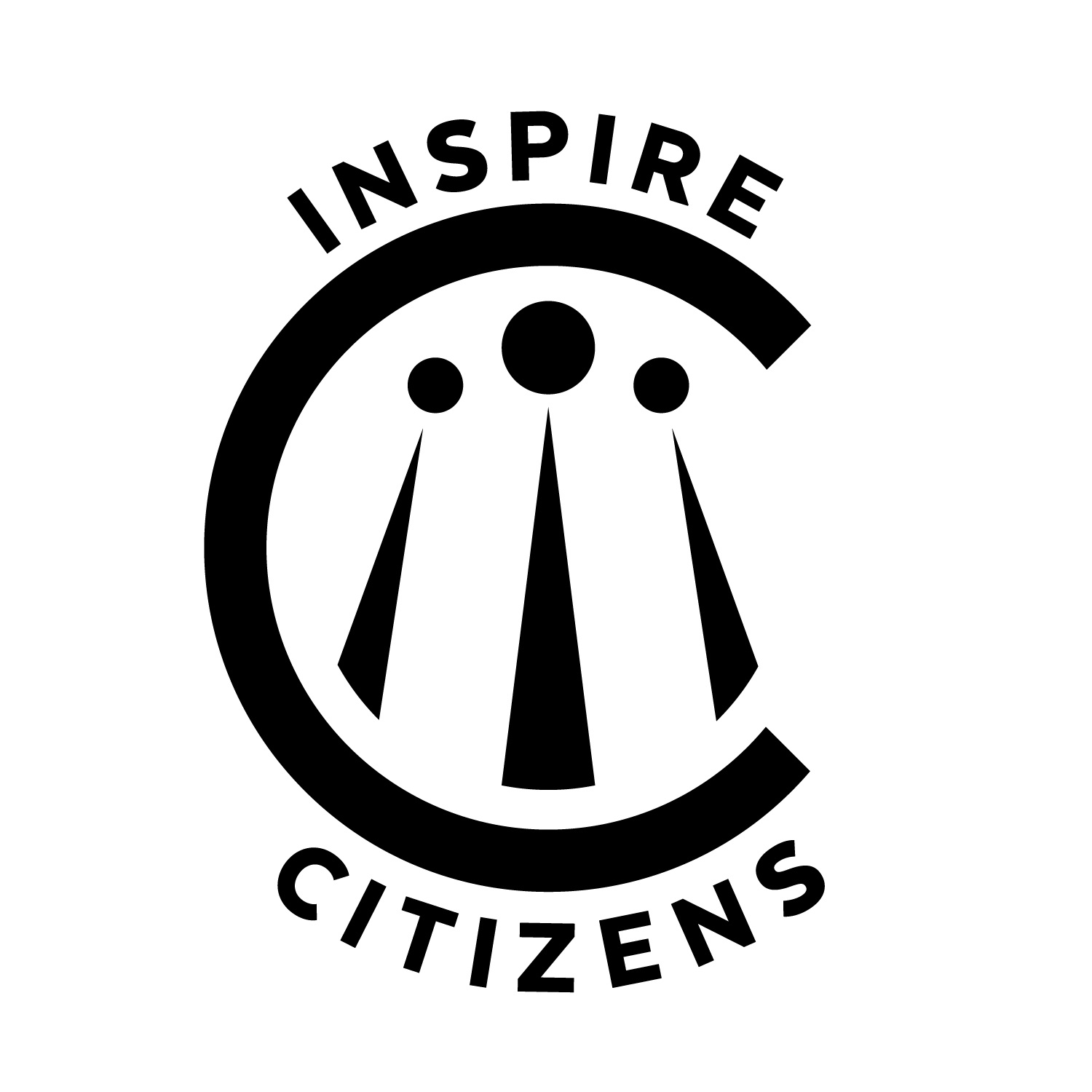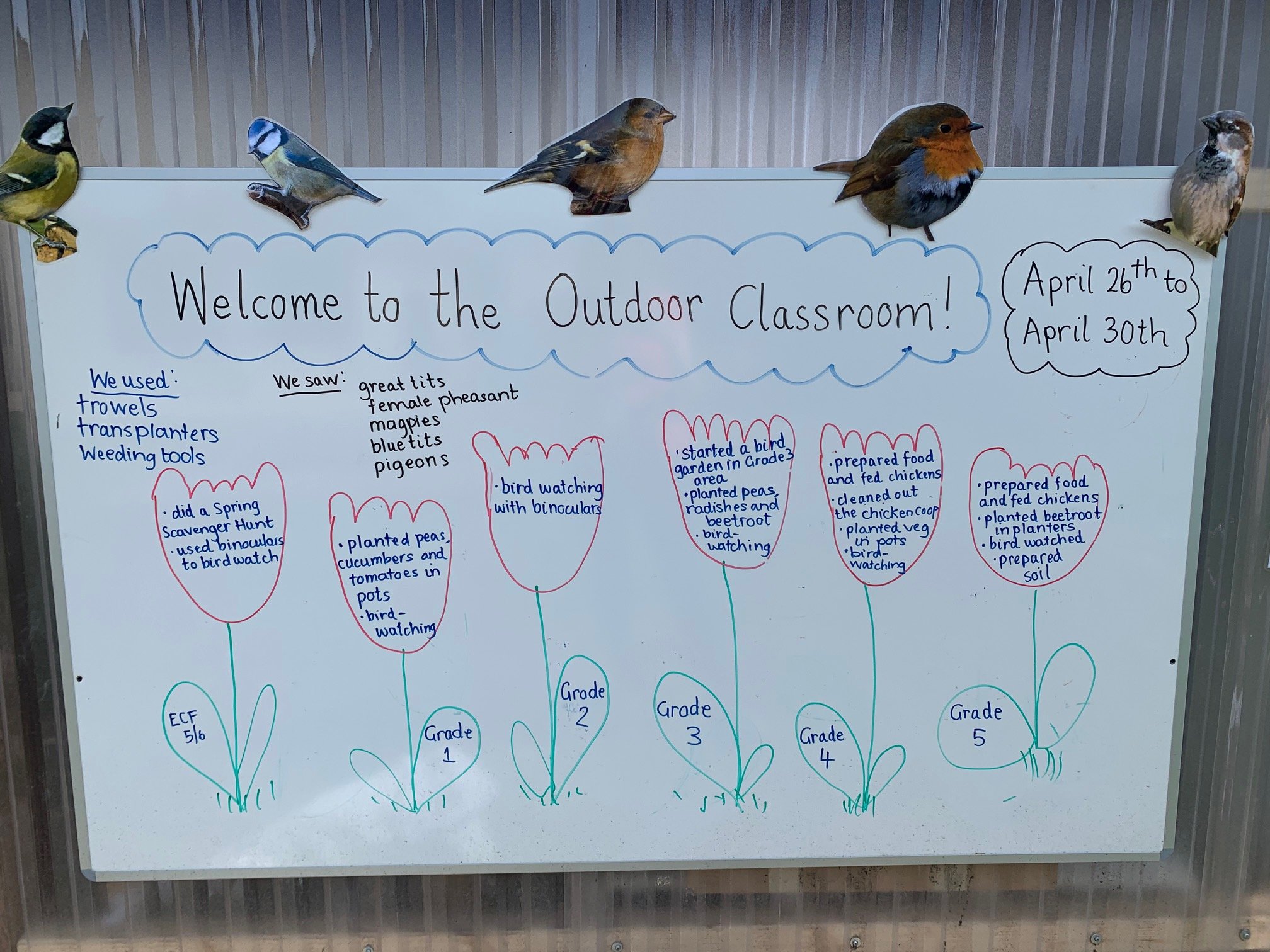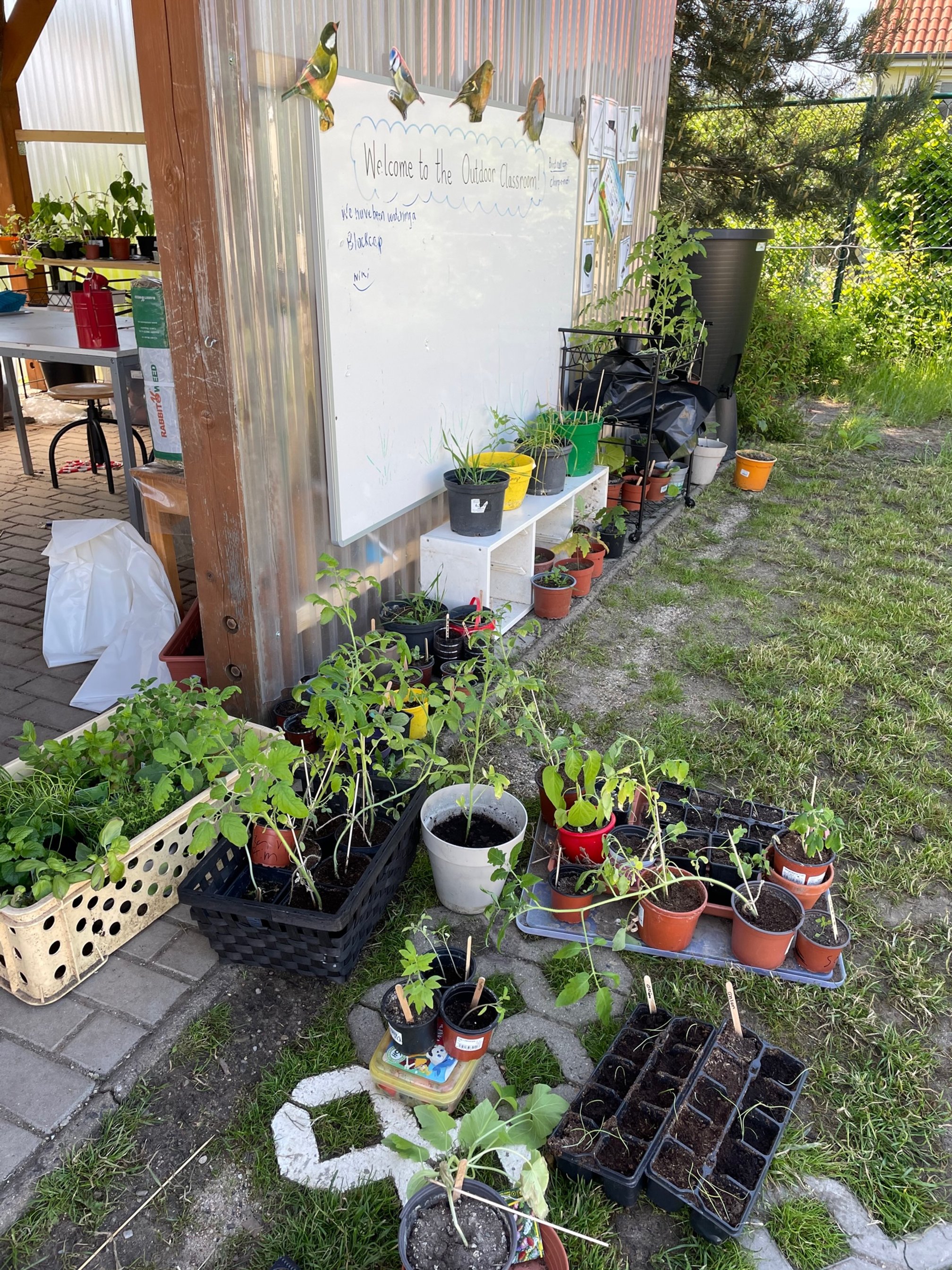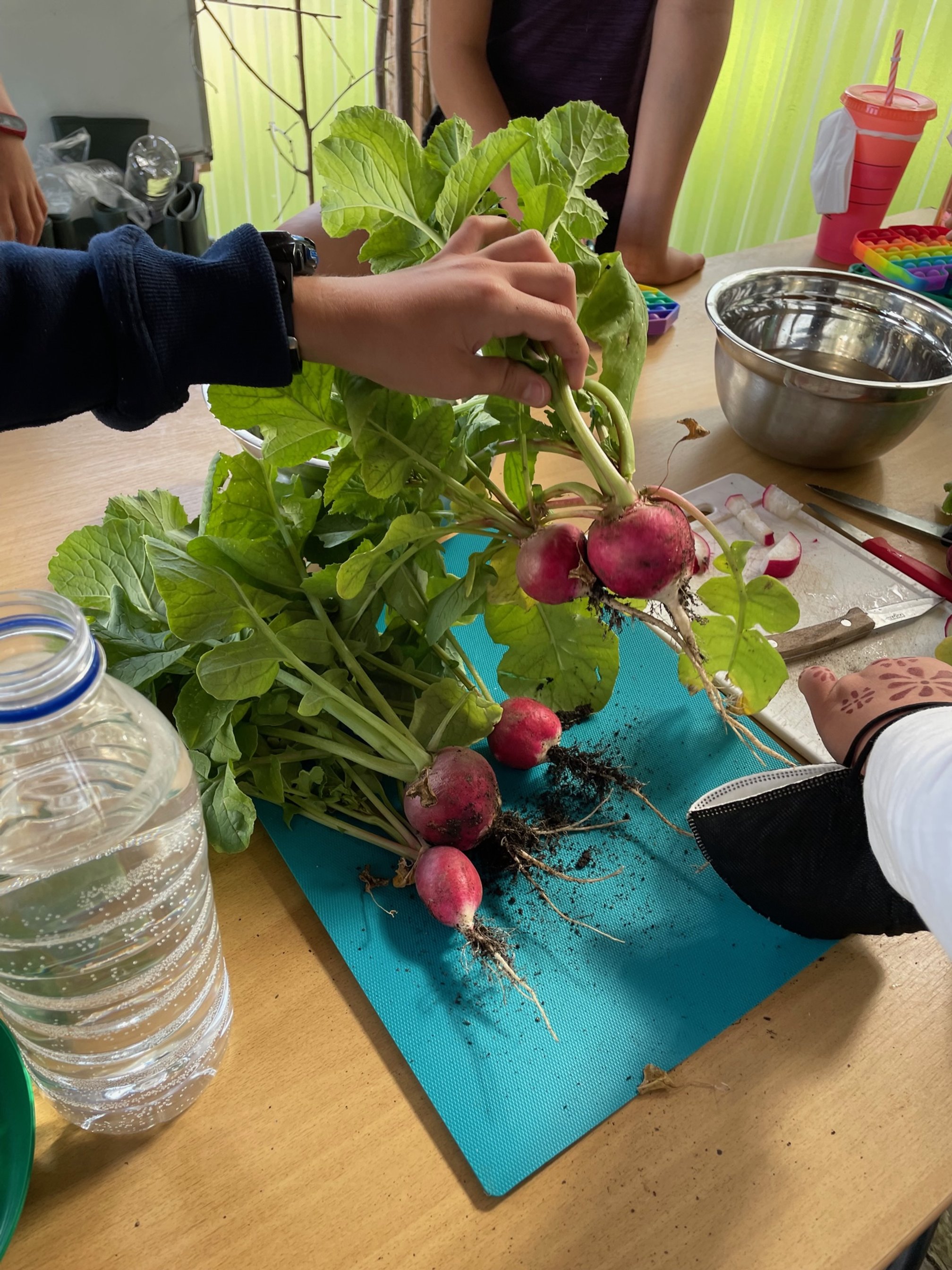Taking it Outside: Learning in the Garden
One raised bed in the extensive gardens at the International School of Prague.
Kerry Craig is the Outdoor Learning teacher at the International School of Prague (ISP) and she is thrilled to see how this new program is growing roots and gaining momentum.
“We’re looking at the Sustainable Development Goals throughout the school and we’re about to start the PYP (Primary Years Program) and MYP (Middle Years Program),” says Kerry. “It’s new at our school to use a sustainability lens at these levels and we want to do this intentionally, to create embedded and integrated learning experiences throughout the program. I can see how our Outdoor Learning program is going to play a key role.”
ISP has approximately 900 students from pre-K to grade 12, and Kerry has worked at the school for 11 years. She was an early childhood (EC) teacher and program leader for many years, and then moved into the Outdoor Learning position. She also serves as the curriculum leader for science and sustainability throughout the school. The ISP mission (of inspiring and empowering all learners to become curious, compassionate and competent changemakers) deeply connects to the Inspire Citizens’ Empathy to Impact model; this makes the partnership, which began in 2020, a natural and meaningful one.
“This program started because of an ongoing interest in the community in outdoor learning and gardening,” explains Kerry. “Our campus is green and wooded, and we’re surrounded by forest. We have started our garden with eight beds full of flowers and vegetables, and a shed to house all of our equipment. It’s an outdoor classroom with shade and rain cover, and a fire pit area for gathering and storytelling.”
An indoor classroom is also available for the winter season or inclement weather, and the garden is adjacent to a mini woodland area with evergreen trees. A composting area is also part of the garden space and rainwater is collected for watering the plants and to use in some of the children’s play areas.
In September, students studied insects and weeds because the garden had been left untended for the summer. Some vegetables were harvested in the fall, too, the remains of the spring planting.
“Third grade has a separate garden and green area and they’re putting an additional three garden beds there as a result of their learning experiences about food and pollinators,” says Kerry. “That unit was very hands-on and Aaron has helped so much to redesign the unit around sustainability.”
Inspire Citizens co-founder Aaron Moniz has been working with teachers from all grade levels at IS-Prague to develop a sustainability thread in the curriculum. He has supported fifth grade teachers in designing a personal project rooted in the SDGs and water access, and he has met with most learning teams in the school. He has done some deep work with the vertical science team to embed one sustainability unit per grade level and this has resulted in some powerful learning experiences for students.
“We used the Inspire Citizens’ Empathy to Impact approach and started by linking to the Sustainable Development Goals, linked to the content standards of the units, looked at enhanced opportunities for action, designed the projects, delivered the projects, and then conducted reflection meetings with the teams to improve implementation for next year,” explains Aaron.
The scope and sequence of the science/sustainability units looks like this:
ECF 3/4 - Exploring My Environment
ECF 5 - Nature Scientists
Grade 1 - Life Cycles + Parks Project
Grade 2 - Human Body Systems
Grade 3 - Sustainability
Grade 5 - Water Sustainability + PYP Exhibition
IBDP Group 4 - Sustainability Action Projects
G9 Science - School Sustainability Audit
G10 Science - Energy and Climate Change
Grade 7 - Biodiversity and Art (consult)
Grade 6 Sustainability IDU
Finally, Inspire Citizens (Aaron and Scott) were also involved in developing a Changemaker student leadership program at ISP where student leaders defined the skills that they needed to become changemakers, and then identified their talents, passions, and issues they care deeply about. From there, students engaged in a root cause analysis, community assets mapping, action planning, team building and communication protocols, and ideation around desired futures. The final step was to take action and conduct a changemaker project at the school.
One of the student changemaker projects involved working with the school communications department to showcase innovation and build a culture of changemaking at ISP. Here is a story the students wrote about Aaron’s recent visit to work on-site with ISP teachers and students: https://www.isp.cz/learning-story/changemakers-for-a-sustainable-future/
“It’s exciting to see people’s mindsets around sustainability evolving,” says Kerry. “For instance, we hosted a sustainability afternoon with the librarians and offered activities like creating lip balm, making beeswax wraps, upcycling t-shirts into bags, and recycling paper. The students were so excited and now they are talking about making upcycled gifts for others and cleaning up trash. They are much more aware of trash - their own and that of others - now.”
The momentum around sustainability education at ISP is growing, and the garden and outdoor education program is at the core of the enthusiasm that is building. As students engage in age-appropriate service and sustainability learning at all levels, a deep connection and care for nature is emerging.






